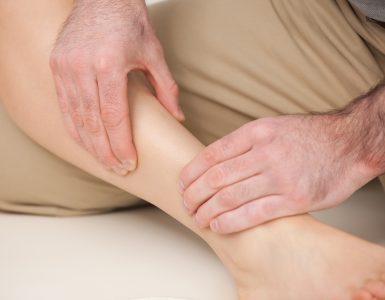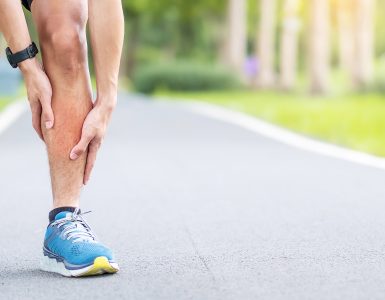Whiplash is a neck injury that happens when the head jerks in a sudden and forceful backward, forward or sideway motion causing the neck to move beyond its usual range of movement resulting in the soft tissues (the muscles and tendons) of your neck being overstretched and damaged, although it is also possible for it to result in injury to the bones in the spine, the discs between the bones, ligaments and nerves.
What causes whiplash?
The most common cause of whiplash is as a result of a car accident, most particularly being rear-ended, or through a side impact. However, any impact or blow that causes your head to jerk forward or backward can cause it. This sort of damage can be the result of a sudden blow to the head while playing contact sports, by a fall or from physical abuse, such as being punched or violently shaken.
What are the symptoms?
The symptoms of whiplash can vary greatly. You may notice the discomfort and pain within a few hours of the injury, or it may take several days or longer for them to develop. Common symptoms are:
- Neck pain and stiffness including a loss in range of movement, with pain worsening when you move your neck
- Headaches, usually starting at the base of the skull that can radiate towards the forehead
- Muscle spasms
- Tenderness and pain in the upper back, shoulder and arms
- Pins and needles, numbness or pain in the arms and hands
- Constant weariness and fatigue
- Vertigo and dizziness
- Ringing in the ears (tinnitus)
- Problems with memory and concentration
- Mood changes, such as anxiety and depression.
It is important that you seek treatment promptly for any whiplash injury. Your doctor will be able to give you a diagnosis, including an x-ray and/or CT scan to ensure there are no fractures or dislocation. They will be able to give advice on any pain relief required and, if necessary, provide a referral to a physiotherapist to ensure full recovery as quickly as possible.




